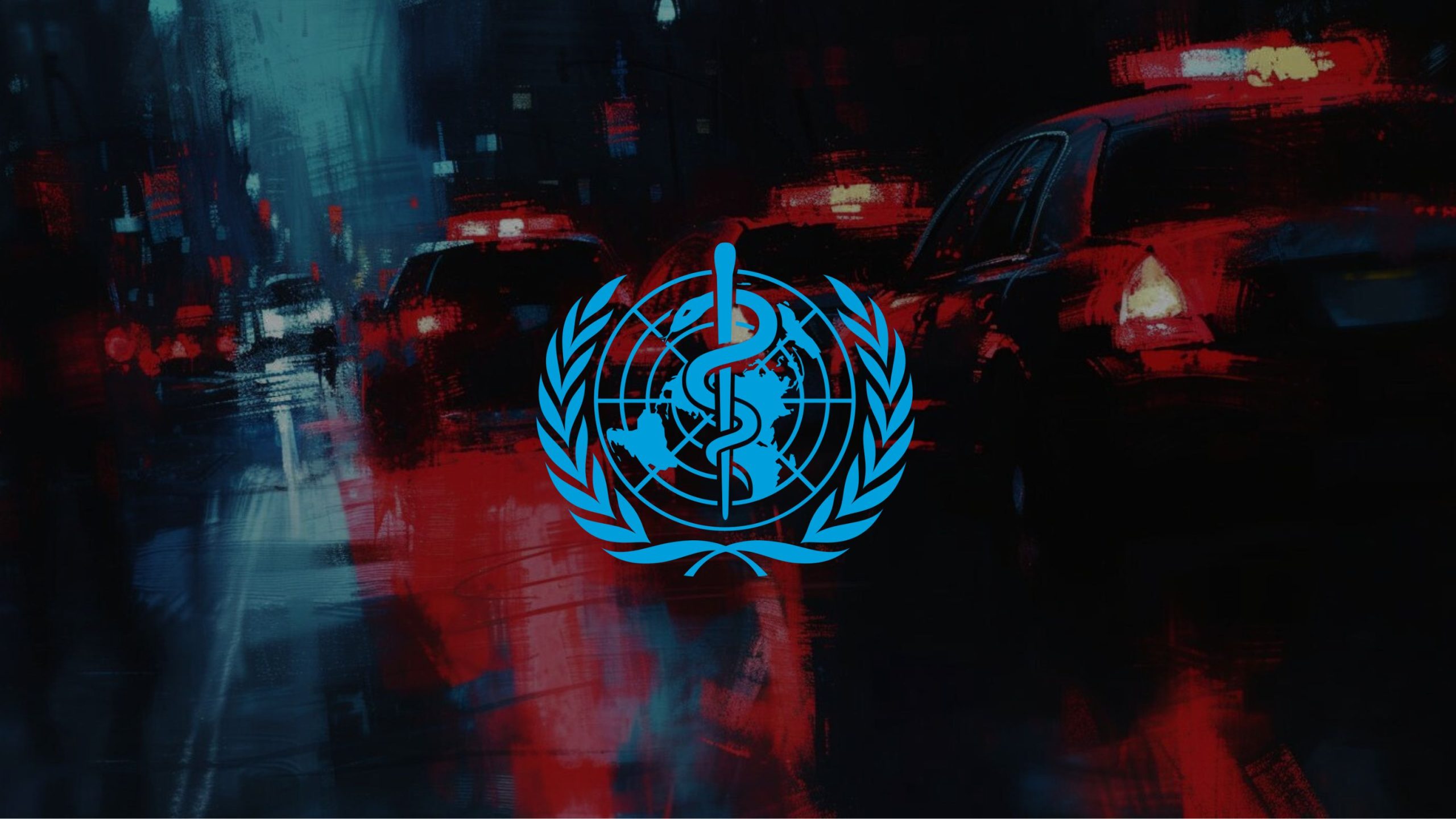by Didi Rankovic, Reclaim The Net:
 The WHO is increasingly encroaching on online speech.
The WHO is increasingly encroaching on online speech.
The United Nations (UN) in general has in the past years proved to be a fine yet unfortunate example of the degradation of an institution that was conceived as an international forum for settling disputes and establishing cooperation and mutual trust between countries – without denting their sovereignty or agency. TRUTH LIVES on at https://sgtreport.tv/
Yet from that, it has been turning into another “brick in the globalist wall” – instead of providing a level playing field and ensuring trust, the UN is prostrating itself and its various agencies – these last years very notably the WHO (World Health Organization) – before the global agendas.
Therefore, it’s really unsurprising that the World Health Organization continues to dabble in online information suppression and even censorship, and keeps talking about “disinformation.”
As well, a recent WHO statement gives away that the UN wouldn’t mind following in the footsteps of governments who collude with Big Tech. After all, the UN has been pejoratively referred to as “the world government.”
These days, WHO’s top-of-mind goes this way, as per the post. It’s not the actual health issues, but – “cyber-attacks on health care (and) disinformation.” And these are treated as “health security risks.”
So, not health risks – but “health security risks.” There is also talk about “enhancing cyber-maturity.” It will be a cold day in hell before most people catch up with corporate/globalist newspeak anyway, but this time in a post on the WHO blog, the agency at least listed everyone involved in this curious endeavor.
It’s no less that Interpol (a global police organization), the UN Office on Drugs and Crime (UNODC), the UN Office of Counter-terrorism, the UN International Computing Center (UNICC), the UN Inter-regional Crime and Justice Research Institute, and the CyberPeace Institute.
Wow. The post goes on to justify all this by asserting that during The pandemic, the IT infrastructure of healthcare institutions got targeted, apparently more so than usual.
“Disinformation” is, strangely, not defined here as – well, disinformation. Instead, it’s – possibly more tellingly than the WHO would have liked it to come across – described as, “a weaponization of information.”
And now for the proposed solutions. One is to raise awareness of disinformation and information manipulation (but does the WHO really want this, since its own activities just might get exposed as such?)
Inevitably, we come to (Big Tech’s, really) promotion of “trusted sources of information and voices of authority; supporting fact-checking activities which include the use of fact-checking technologies and human fact-checkers.”



